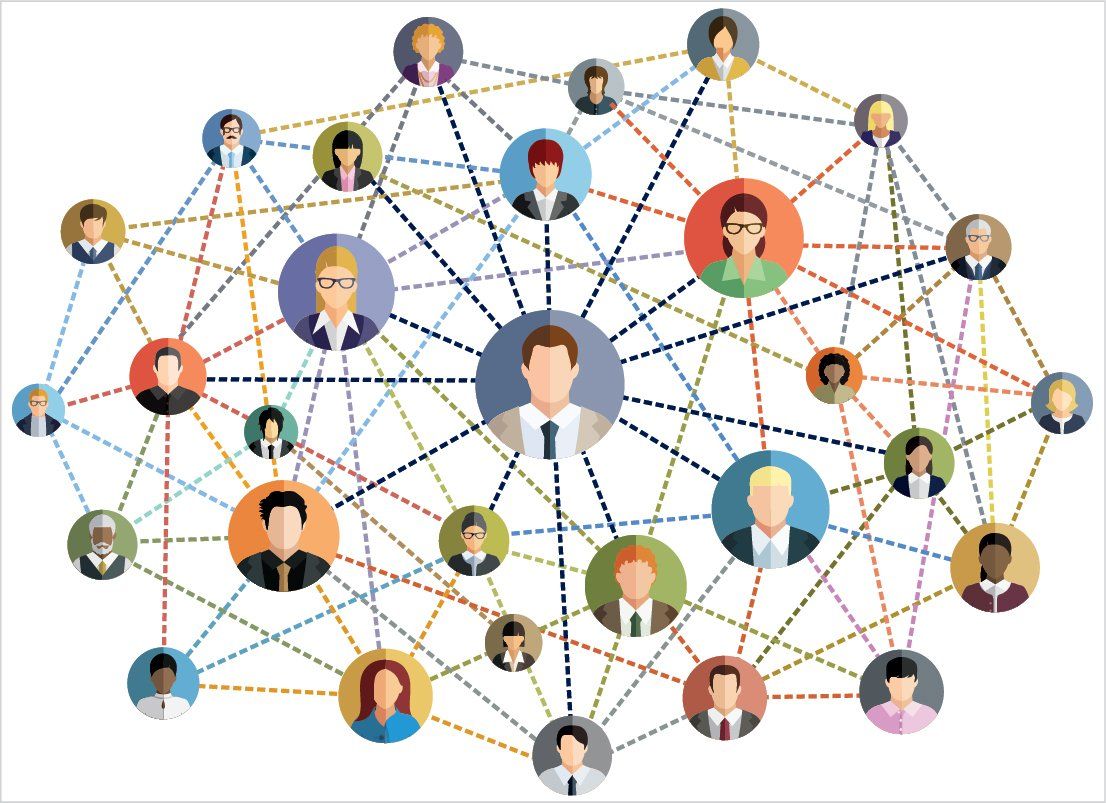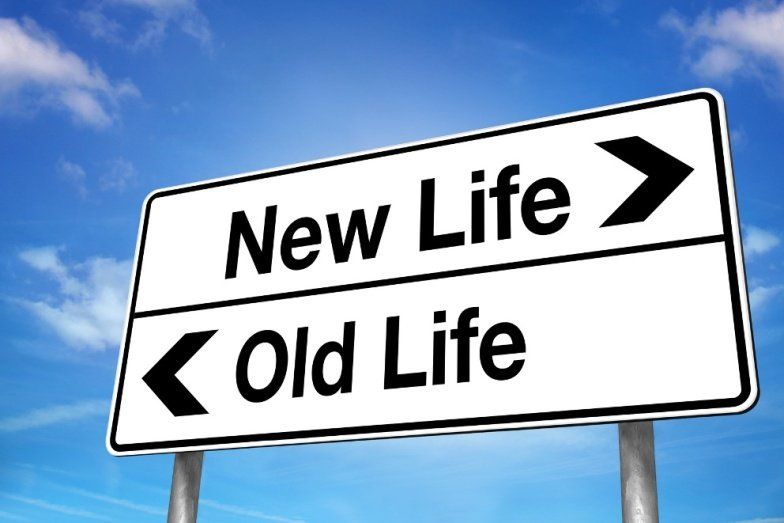Blog

By Ann Byrne
•
05 Apr, 2022
A daily walk by the river was one of the constants of my ‘covid life’ ! As restrictions have been lifted, life is changing again and giving me more freedom. FREEDOM Reflecting on these walks, the river became a symbol for my life. Rivers have had a significance for me which I hadn’t thought of before. Summers of my childhood were spent building dams in a tributary of the Blackwater River, creating a swimming pool in the hot days of summer. Gathering minnows in jam jars and walking for hours with friends along the river. In the winter the field beside the river would flood and freeze over and was used as a skating rink, we could always be found down by the river. Infinite Freedom. Fast forward a few decades! and I’m walking along the Dodder River in suburban Dublin. Early lockdown only allowed 2K and then 5K. Freedom Denied. The Dodder became a focus similar to the river of my childhood. I saw the beauty of the river through the eyes of the child in me again. The ducks, herons, foxes, weeping willow trees, giving me a new appreciation of nature. One day children were building a dam with the help of their parents; parents didn’t help in the ‘dam building’ of the late 60’s and 70’s along the Blackwater!! Freedom is not a given, and there have been many instances over the past few months where I have been very grateful for where I live, and the Freedom I have, not to be taken for granted. FOCUS Viewing the river as a symbol of life, it meanders, it is not a straight line, it is deep in parts and very shallow in other parts. The heron stands tall and is very focussed to catch the food for the day. Keeping our focus is important if we need something, like the heron’s need for food. When I left the corporate sector, I had the freedom to explore something new, but I was out of my dept, I was in the deep water. I didn’t know who I was without the identity of my previous role. I was looking for a change in direction and had ideas, however, not focussed. With the help of a coach, I took the steps that I needed to take to gain the Focus which helped me flow again. I connected with my values, went back to college, connected with old networks and built new ones, all very useful for a new chapter in life. FLOWING FORWARD On one of my river walks, a piece of wood was stuck in a little rapid, it couldn’t go up or down the river, it kept getting pushed against a rock. As long as it kept banging against the rock it couldn’t move, eventually it breaks. The river keeps flowing forward, it can’t go backwards. If you get stuck it is important to try and find a way to move forward. Like the river life keep moving forward not backwards. When my life changed it was immediate, I was working one day and not the next. However, the transition process to something new took time. Here are some tips which helped me and may help you:: 1. Let go of some of the stories you are telling yourself - are they true? 2. Change Perspective - open yourself to meeting new people and ideas and change your routine. 3. Start with something small to change – one small step leads to more. 4. Connect with what’s important and holds meaning for you – at this stage of your life. 5. Get out of your comfort zone - saying I can’t do that YET versus I can’t do that….. 6. Being hopeful and having a positive outlook, when feeling negative, challenge yourself to shift your thinking. 7. Talk to someone that might help you get unstuck. Similar to the river, there are times in our lives when everything is flowing freely and smooth. If you are feeling stuck on a rock or in waters that are too deep or too shallow for you to flow, talk to someone, it will always help you move forward. It will help to identify the first step to explore the possibilities available to you and support you to take that first step. #transitioncoaching #redundancy #earlyretirement #lifelonglearning #growthmindset #optimism #newchapter #newstage #longevity

By Ann Byrne
•
24 Jun, 2019
Argentinian restaurant on a Tuesday night in the south of England. February cold fogging the windows. Pampas-raised steak oozing juices. Very hard keeping what I know from Yerman; I took him on 16 years ago. Concentrate! Award-winning performance chattering about sport and a smattering of current affairs is required. Wednesday morning; meeting room 303. Full team present. Who looks comfortable? Who doesn’t? Is it because they know they’re safe…..or is it just temperament? Ability to read this is blurred. We’re given the speech; no obvious facial betrayal of yarn-telling. Always thought This Codger was shifty though. Bottom line is seven into five doesn’t go; and we’re playing away from home here. This is how it started; a nine-month run in to the redundancy. Length of service and the desire to do something else made it appetising. Alternative career dreams came along like a clutch of 46As. There was the not-for-profit sector, tour guiding, teaching, blogging, culture and heritage. Nothing was beyond the previously-suppressed expansive capabilities that were about to be unleashed on the world. The flames of expectation were fanned by the emotion of departing goodwill. January arrived with days difficult to fill. What was previously seen as a nice occasional working from home environment became a place where I had too much time on my hands. Job websites didn’t easily deliver a clear match between my career dreams and my skills and experience. Networking coffees threw up more questions than they provided directions. Spring into summer; pretty much parked the puzzle for a while. Started looking at the previous career in the autumn, got a call from my previous employer asking if I would be interested in a conversation about coming back. Still here at time of writing . The learnings are several. Do not underestimate how crucially important your existing work environment is to your life. It’s not just the technical skills and financial compensation; there’s also the hugely important aspects of location and related social infrastructure. It’s very easy to lose sight of the importance of these; a bit like air and water we take them for granted. Dreams are of course important; they do however need to be managed. When you’ve done a brief bit of luxuriating in them, road-test them vigorously. Can you really see yourself successfully doing these new things? Delve into the areas to ensure you are completely aware of the necessary skills, aptitudes and experiences. Talk it through with people in the area, start to build a new network relevant to these new areas. Networks of likeminded people are crucial to move into a new area. Have conversations outside your comfort zone. Do more listening than talking; read the signals coming back. This is important, and difficult to do as we all love the sound of the variety show in our own heads. It may not suit us to hear it but no response or follow through from someone probably means you’re barking up the wrong tree. Share your experiences and ideas and do so widely. No-one is alone in a change situation; there’s always something new to learn. No-one is alone in a change situation. If you are feeling stuck or alone, contact Newstage. They know this territory and understand the difficulties you may be experiencing. It’s good to talk…..there are a lot of potholes along this road…..safe journey. Words of a 57-year-old finding his way!! Joe Journeyman.

By Ann Byrne
•
08 Mar, 2019
Midlife Crisis – or just a New Beginning Midlife is when we start to think about what’s next for me , you wonder is this it, start to feel there must be more than this? You might feel you are having a mid-life crisis. if you are having these thoughts and feelings, that something is not right, you are probably in transition, nothing to worry about, all perfectly normal. Or if you are feeling stuck, or bored with a new-found reality, having a conversation with someone that knows how you are feeling, could help you find the right path or direction for this new time in your life. Mary, a participant on one of our T.R.U.E. programmes was in transition, she feels she is on a journey. She is in the process of leaving her role which she has been in for the past 30 years. She is upskilling and retraining to become a garden designer, linking her passion for gardening and her current skills in design. Transition is when we start to shift our thoughts and feelings about something. Transition is the process whereby something new is happening for us, there is change ahead. Transition takes time and there are a number of stages to go through before a new reality emerges. All through our lives we have had transitions, when we left home for the first time, we were a bit uncomfortable for a while, we were out of our comfort zone, until we got used to our new reality. If you changed jobs, roles, it took some time to feel comfortable and in control of what you were doing, all perfectly normal. Another big transition in our lives is when we leave the work force following a long career through redundancy or retirement. In newstage we don’t talk about retiring, (you retire to bed to sleep!), we talk about re-wiring, resetting, recalibrating, these are all about movement and being alive, open to consider new possibilities, opportunities. William Bridges has written a lot about transition, while change can happen very quickly, transition usually is a longer slower process. In his book Managing Transition, he introduces a model for transition, which highlights three stages that we go through - The first one is the Ending, second, the Neutral Zone and the third and final stage is the New Beginning.

By Philomena McCabe
•
05 Feb, 2019
Life expectancy is increasing and we can now expect to live a healthy active life well into our 80s – so, at 50 that’s another 30 years to go. That’s a whole new stage in life. It’s Mid life. Quite different to the past when we retired at 60 to 65, hung up our boots and retired to a life of leisure for the remaining few years. This big change ripples out into all sorts of implications for the individual and the organisation, significantly affecting the wellbeing of both. Much effort is being put into wellness and wellbeing initiatives to promote employee physical and mental wellbeing, creating a happier work environment and encouraging greater engagement. However, if our 50 year olds are facing into the unchartered waters of a whole new stage, these initiatives are secondary to them and sometimes miss the mark. To really meet their wellbeing needs we need have a more holistic approach. We need to primarily support them, in understanding the new reality and its implications and facilitate them in creating a meaningful, fulfilling future. So what is the new reality? People in mid life want to stay relevant and actively engaged, using their skills in a different way and learning new ones. They continue to need stimulation, growth, meaning and purpose. It’s a new stage with lots of opportunities and possibilities both within and beyond their current organisation. Being in a whole new transition period also has its challenges – fear of the unknown – trepidation re questions such as “what am I going to do next?”, “who will I be when I leave?”, will my pension/finances sustain me? Many have outgrown their role, are getting little satisfaction and are tolerating a job and work life that is out of step with the stage they are in. We can see how with all this going on it makes it very difficult to feel fully engaged. So to be seriously committed to the current and future wellbeing of these workers we need to take a fresh look at how we are approaching it. Therefore rather than forcing the sacrosanct 60/65 retirement age (regardless of whether it suits the individual or the organisation), offering early retirement packages or all too often leaving people stagnating in roles they have outgrown, we need to collectively take this new stage and its implications on board. So, what can be done? Rather than consciously moving people in mid life out of the workforce, organisations could encourage and facilitate their continued meaningful, participation through offering flexible working hours and conditions e.g. part time work, reduced responsibility, mentoring, project or contract work, along with training and opportunity for development and role change. Reduced hours or responsibility or both implies reduced pay and so, are cost effective. Individuals also need support in working out what it is they want to pursue, and in creating and planning their future 20 to 30 years. A key point is that this requires specialist mid life transition support as opposed to one size fits all out placement support. The benefits to the employer include retention of and effective knowledge transfer, greater engagement and productivity and broader talent management opportunities. It also addresses the demographic changes that are at play. According to the CSO, by 2026 40% of the Irish workforce will be over the age of 45. Up from 30% in 2011. Importantly, this approach demonstrates a real and innovative commitment to employee wellbeing. Yes this is a big change in thinking for both employers and employees. There is nothing streamlined or automated about it. It involves looking creatively at tailored working arrangements and options that are a win win for both the individual and the organisation. But it is doable, it costs nothing and the prize could be so big for so many Let’s not wait for this change in thinking to take years to materialise. Let’s have real two way engagement about the real primary issues Let’s acknowledge that how to engage those in mid life has changed Let’s take a new fresh holistic approach to the wellbeing of our over 50s. Newstage are specialists in the field of Mid life Transition and provide a specialised rich and engaging transition programme and coaching which supports people in mid life to attend to the big decisions of the next 20 – 30 years. www.newstage.ie

